First and foremost in everyone's mind nowadays are recent developments with the Covid-19 pandemic. You will find the latest news and guidelines on our Coronavirus page.
In this section we cover basic safety and health concerns when travelling to Hong Kong and the precautions you should take to make sure your trip is a healthy and enjoyable one.
We cover some of the most frequently asked questions such as
- Do I need any vaccinations?
- Can you drink the water in Hong Kong?
- Eating from street stalls, will I get sick? Here's more on food safety
- How bad is the pollution?
- Is Hong Kong a safe place?
Do I need any vaccinations for travel to Hong Kong?
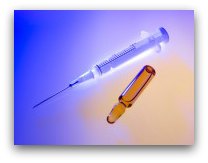
There are no required vaccinations for travellers to Hong Kong. However, it is a good idea to make sure that everybody's routine vaccinations are up to date. That includes Tetanus, Diphteria (DTaP), measles (MMR), polio, hepatitis B, Varicella and influenza.
Also, although not required, some vaccines are recommended for travel to Hong Kong. Our doctor recommended Hepatitis A and Typhoid. These are illnesses associated with food and water contamination. Specially if you will be eating at street stalls, staying with relatives or travelling to remote areas in the countryside, the Center for Disease Control recommends both of these.
Rabies is not a problem in Hong Kong and not present in dogs; however, it is present in bats. If there is a chance you will be engaging in any activities where you might be exposed to bats, i.e. caving, then getting the rabies shot is highly recommended.
Make sure to consult with your doctor, and the Center for Disease Control website for the latest recommendations and status of any outbreaks or travel notices in effect you might need to be aware of.
Can you drink tap water in Hong Kong?
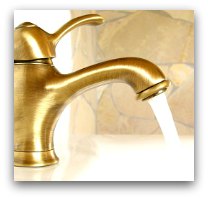
According to the Water Supplies Department, Hong Kong enjoys one of the safest water supplies in the world. However, even though the water itself might be free of contaminants, the plumbing in some parts of the city and buildings is old with unlined galvanised steel pipes that are prone to rusting. These pipes have been banned in new constructions since 1995, but some of the old plumbing is still present, and in these cases, the perfectly safe water running through the rusted pipes might not be that safe after all, not for drinking or even brushing your teeth.
First clue that you should stay away from the tap water at your hotel, will be a little sign by the sink or faucet indicating that the water is not safe, like this one:
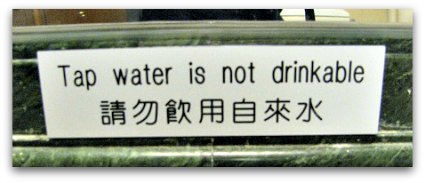
Many locals will tell you it is perfectly ok to drink the water, but like mentioned before, it really depends on the pipes the water ran through, we personally prefer to err on the side of caution:
- Most hotels provide bottled water or a kettle to boil the water, it is there for a reason, use it!
- Fruits washed with tap water should be peeled just to be on the safe side.
- We normally stay away from ice cubes and stick with chilled bottled/canned drinks.
- Bottled water is available everywhere, make sure the water bottles are sealed.
- Also remind kids not to fill their water bottles with tap water, since they might be used to doing that at home.
Food Safety in Hong Kong?
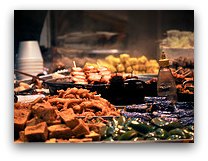
All travel involves some risk of getting some sort of stomach ailment, and in fact this is the most common complaint of the tourist and can happen anywhere in the world even in the most plush of restaurants/hotels, so eating in the "sanitized" tourist places might not necessarily save you from this common malady.
Being cautious should not prevent you from trying some of Hong Kong's best food experiences in the Dai Pai Dongs and street food hawkers. Their sizzling dishes, clatter, aromas and fresh offerings at any time of the day or night are certainly one of the things you ought to try at least once during your stay.
Here are some precautions to follow when it comes to food safety, whether on the streets or some five-star hotel buffett:
- Try eating at places that are well-frequented, chances are, the food is fresh if the turnover is high
- As a general rule piping hot and steaming food is safe
- Fruits should be peeled right before eating
- Avoid food from buffets that has been sitting for too long and is only luke warm
- Rice and noodles are safe if cooked and steaming hot
- Avoid raw or undercooked seafood
- Fresh salads and uncooked vegetables migh not be safe.
- And as previously mentioned, water, sodas, beer, etc, are safe from sealed containers.
Dealing with Hong Kong Pollution
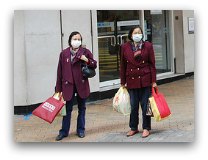
Air pollution and constant smog in Hong Kong is a problem although not as severe as in some Mainland Chinese cities, you certainly need to be aware of the effects the poor air quality might cause.
The government has launched a pollution monitoring system which rates the air quality on a scale from 1 (good) to 10 (bad). When pollution levels reach potentially hazardous levels, the public is advised to reduce outdoor physical activities and out of heavy traffic areas.
You can track it in real time here: Hong Kong Air Quality Health Index.
Index or no index, when pollution is bad you will definitely feel it. The thick smog from the heavy traffic stings your eyes and makes you tired. You will notice people wearing masks when levels of pollution reach extreme levels.
Visitors not used to this high degree of contamination and unclean air are often affected.
The first couple of days might be a bit challenging, specially if you might also be dealing with jet lag and the effects of the time difference.
Try to keep a slower pace and stay hydrated. You might experience the effects of the poor air quality in different ways:
- Dry eyes: bring eye drops to relieve irritated eyes. If you wear contact lenses, make sure you bring your glasses as it might be uncomfortable to wear contacts with that constant gritty-grimy feeling. And always carry the rewetting drops.
- Nasal congestion: bring a nasal solution to "rinse" the nostrils at the end of the day. Just this little bit helped us a lot.
- Tiredness and an occasional minor headache: drink lots of water to avoid dehydration, and don't pack the day full of activities, keep a slower pace if you start feeling tired.
- Take special precautions if you or anyone in your group suffers from asthma, other respiratory diseases or heart concerns. It is always best to consult your doctor before you go.
Is Hong Kong a Safe place?
Hong Kong has one of the lowest crime rates in the world. We have never felt threatened in Hong Kong in any way.
There is always people walking about at all hours.
Uniformed police officers are always present and most speak English in varying degrees (English-speaking officers wear a red label under their shoulder badge)
That being said, you need to be careful and use your common sense just as you would anywhere else and protect yourself from being a victim of a petty crime or worse.
- Pickpockets are everywhere the crowds are, pay attention specially at markets, crowded buses and MTR trains
- Leave all valuables in the hotel's safe
- Avoid seedy areas and walking alone in dark places
- Beware of being scammed by anyone approaching you with a "deal too good to be true"
- Change money in banks or reputable places
- Do not jaywalk, it is not only unsafe, there is traffic police (in the brown uniforms) everywhere
- Always carry some form of ID, if leaving your passport in the hotel safe, carry a copy.
Plan Your Hong Kong Trip
Hong Kong Events By Month
Most Popular Excursions in Hong Kong
Book with confidence! Free cancellation: Cancel up to 24 hours in advance to receive a full refund


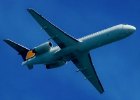
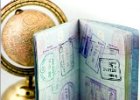
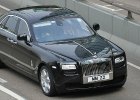


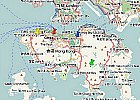
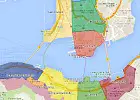
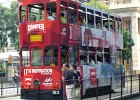
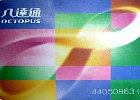



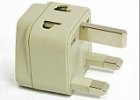
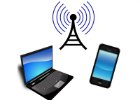
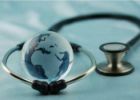
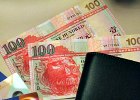
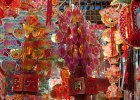
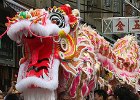
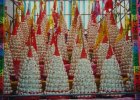
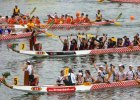
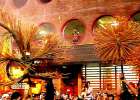
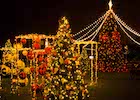
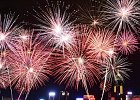
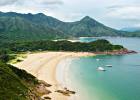

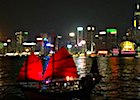
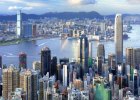

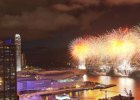

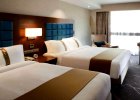

Send a Tip!
Got something to share? Let us know!